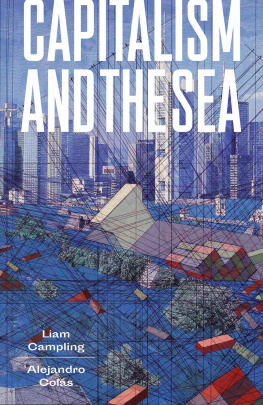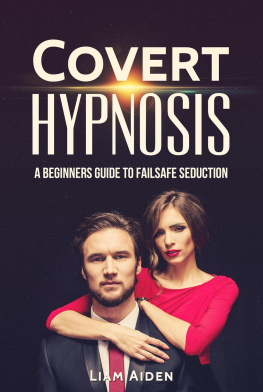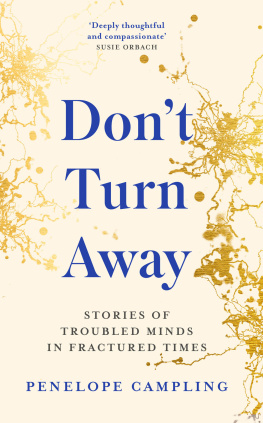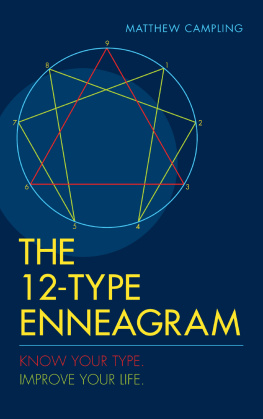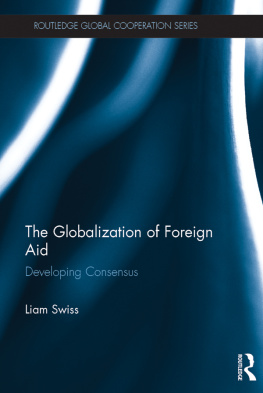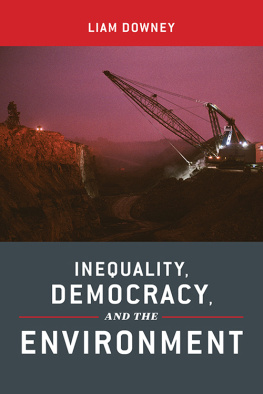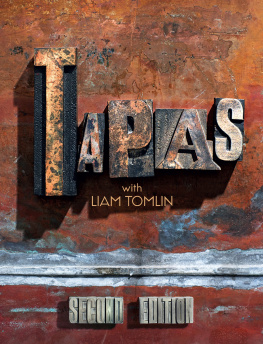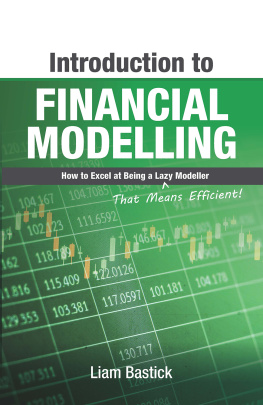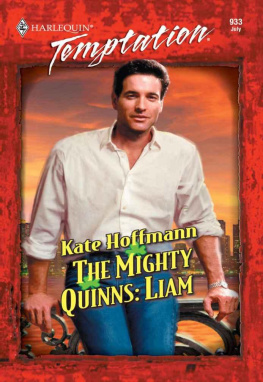Liam Campling - Capitalism and the Sea
Here you can read online Liam Campling - Capitalism and the Sea full text of the book (entire story) in english for free. Download pdf and epub, get meaning, cover and reviews about this ebook. publisher: Verso Books, genre: Romance novel. Description of the work, (preface) as well as reviews are available. Best literature library LitArk.com created for fans of good reading and offers a wide selection of genres:
Romance novel
Science fiction
Adventure
Detective
Science
History
Home and family
Prose
Art
Politics
Computer
Non-fiction
Religion
Business
Children
Humor
Choose a favorite category and find really read worthwhile books. Enjoy immersion in the world of imagination, feel the emotions of the characters or learn something new for yourself, make an fascinating discovery.
- Book:Capitalism and the Sea
- Author:
- Publisher:Verso Books
- Genre:
- Rating:5 / 5
- Favourites:Add to favourites
- Your mark:
- 100
- 1
- 2
- 3
- 4
- 5
Capitalism and the Sea: summary, description and annotation
We offer to read an annotation, description, summary or preface (depends on what the author of the book "Capitalism and the Sea" wrote himself). If you haven't found the necessary information about the book — write in the comments, we will try to find it.
Capitalism and the Sea — read online for free the complete book (whole text) full work
Below is the text of the book, divided by pages. System saving the place of the last page read, allows you to conveniently read the book "Capitalism and the Sea" online for free, without having to search again every time where you left off. Put a bookmark, and you can go to the page where you finished reading at any time.
Font size:
Interval:
Bookmark:

Capitalism and the Sea
Capitalism and the Sea
The Maritime Factor in the
Making of the Modern World
Liam Campling and Alejandro Cols

First published by Verso 2021
Liam Campling and Alejandro Cols 2021
All rights reserved
The moral rights of the author have been asserted
1 3 5 7 9 10 8 6 4 2
Verso
UK: 6 Meard Street, London W1F 0EG
US: 20 Jay Street, Suite 1010, Brooklyn, NY 11201
versobooks.com
Verso is the imprint of New Left Books
ISBN-13: 978-1-78478-523-9
ISBN-13: 978-1-78478-525-3 (UK EBK)
ISBN-13: 978-1-78478-526-0 (US EBK)
British Library Cataloguing in Publication Data
A catalogue record for this book is available from the British Library
Library of Congress Control Number
2020947418
Cover image: Frankfurt by Mary Iverson, 2013,
maryiverson.com and @themaryiverson
Typeset in Sabon LT by Hewer Text UK Ltd, Edinburgh
Printed and bound by CPI Group (UK) Ltd, Croydon CR0 4YY
Liam dedicates this book to Mlodie Roulaud,
and to his mum and dad
Alex to Lalini
Contents
Some ten years ago, when we were both editors at the London-based journal Historical Materialism, one of us had the idea of dedicating a special issue of the journal to the relationship between capitalism and the sea. The special issue never came to light, but the sense that the project was worthwhile remained, and so in time we decided to embark together upon writing a book on the subject, combining our respective research interests in the political economy and the historical sociology of the sea. The voyage (we have failed in this text to steer clear of maritime punnery) took us to different places, both literally and figuratively, where friends and colleagues shared their valuable time and expertise to hear our argument and offer all manner of insights, comments, corrections and criticisms which we have done our best to incorporate in what follows. An informal reading group on the sea that met at Birkbeck College from time to time over the past few years has been invaluable in widening our intellectual and political horizons. We would therefore like to start by extending our gratitude to Stephanie Jones, Stewart Motha, Jonathan Stafford and David Styan for being consistently generous interlocutors in the free-flowing conversations on all sorts of maritime matters. Liam would also like to thank Jeremy Anderson, Kirsty Newsome, Adrian Smith and other members of a reading group on labour and logistics for wide-ranging and rich discussions; all of the members of the Historical Materialism and World Development Research Seminar; colleagues at the Centre on Labour and Global Production, Queen Mary University of London for the intellectual home; Tony Lewis, Mike McCoy and, especially, Elizabeth Havice and Amanda Hamilton for many years of research collaboration on fisheries; and Steffen Fischer for research support.
The drafting of the book benefited immensely from the close reading of working chapters by Elena Baglioni, Kimberley Peters, Subir Sinha, Gagan Sood and (again) Stephanie Jones and David Styan, at a dedicated book lab in 2018 hosted by Birkbecks Politics Department. Prior to that, we had the opportunity to present some of the books core claims at Queen Mary University of London, Birkbeck College, SOAS and the 2018 Historical Materialism Conference in London. Many thanks to all those who facilitated those occasions, and participated in the debate and discussion. Ben Richardson read much of the draft manuscript, casting a razor-sharp but thoroughly sympathetic eye over the text, which has improved it considerably. Jeremy Anderson (again), Gavin Capps, Satoshi Miyamura, Jonathan Pattenden, Clair Quentin and Theo Jennings each read a chapter and provided comments which shaped the book, but not its errors. Mike Berlin, James Dunkerley, Feyzi Ismail, Paolo Novak and Keith Nuttall are probably unaware of it, but have made us rethink various aspects of our own take on capitalism and the sea to them we say thanks, too. Some of our initial ideas on the subject were first published as Capitalism and the Sea: Sovereignty, Territory and Appropriation, Environment and Planning D, Vol. 36, No. 4, August 2018. We are grateful to the editors of that journal and the anonymous reviewers of the paper, and also to Sebastian Budgen, who, together with two anonymous reviewers of the initial 2015 book proposal, gave us important guidance and followed the project through at Verso. Finally, thanks to John Gaunt for careful copy editing remaining errors are our own.
Global capitalism is a seaborne phenomenon. This simple fact gives us multiple reasons for thinking about the relationship between capitalism and the sea today. The global ocean still serves as a trade route, strategic space, fish bank and supply chain as it has since the advent of capitalism (and indeed long before then). Seabeds continue to be drilled for their fossil fuels and minerals, and coastlines developed for real estate and leisure. Container ports now act as regional hubs for the complex networks of global commerce, transferring commodities and generating value across different maritime-dependent sectors of the world economy ranging from shipbuilding to insurance, freight transport to cruises. The legacies of, and continuities in, seaborne slavery and bondage as well as the modes of resistance and internationalism they engendered remain central to emancipatory politics across the globe. Bioprospecting has extended capitals reach to the deepest underwater frontiers, while the offshore world accumulates, displays and recirculates the wealth, surplus and excess of the planets super-rich populations and their often indistinguishable criminal associates. The toxic discharges of our carbon civilisation have for centuries now been absorbed by the oceans, expanding, warming and acidifying the blue-water part of the planet in ways that will bring unpredictable but irreversible consequences for the rest of the biosphere. These are all aspects of the complex interaction between capitalism and the sea that we address in this volume, showing how neither can be fully understood without the other.
The central concern animating the book is the creative destruction that accompanies the reproduction of a social system like capitalism in its interaction with a natural force like the sea. Ocean winds, currents, tides and weather patterns have combined with biochemical and geophysical characteristics like salinity, acidity, density and temperature, or natural features such as sandbanks, reefs, lagoons, inlets and shallows to produce specific risks, unique logistical difficulties and singular geographical obstacles in the way of capitalist accumulation. For all its power to subsume most of planetary life under the logic of commodity exchange, capitalism regularly confronts geophysical barriers to its own self-expansion, which in the case of the sea are especially challenging. This is largely because the high seas cannot be permanently occupied and settled as is the case on land, thus complicating capitals need to punctuate its constant circulation with the spatial fixes that secure surplus creation. By the same token, from its inception in the long sixteenth century, capitalism has found in the sea a vital conduit for long-distance trade including that in humans and the place from which to embark on colonial ventures critical to its own existence. For capital, the sea thus presents both risks and opportunities. It has periodically acted as a site and source of competitive innovation and experimentation in finance, technology, insurance, labour regimes and spatial governance, as well as a major geophysical hurdle in the appropriation of nature through the enclosure and commodification of the sea. In turn, the expanded reproduction of capital has radically transformed the nature of the oceans, particularly since industrialisation. It has reshaped coastlines and reconfigured marine ecosystems through dredging, dumping, depletion and discharging. Together with global warming, the concentration of greenhouse gases in the oceans is drastically altering the biochemical attributes of the sea, and with it generating changes in marine geophysics manifest in ocean stratification, more frequent and more intense extreme-weather events, and coral bleaching, among other deleterious phenomena.
Font size:
Interval:
Bookmark:
Similar books «Capitalism and the Sea»
Look at similar books to Capitalism and the Sea. We have selected literature similar in name and meaning in the hope of providing readers with more options to find new, interesting, not yet read works.
Discussion, reviews of the book Capitalism and the Sea and just readers' own opinions. Leave your comments, write what you think about the work, its meaning or the main characters. Specify what exactly you liked and what you didn't like, and why you think so.

